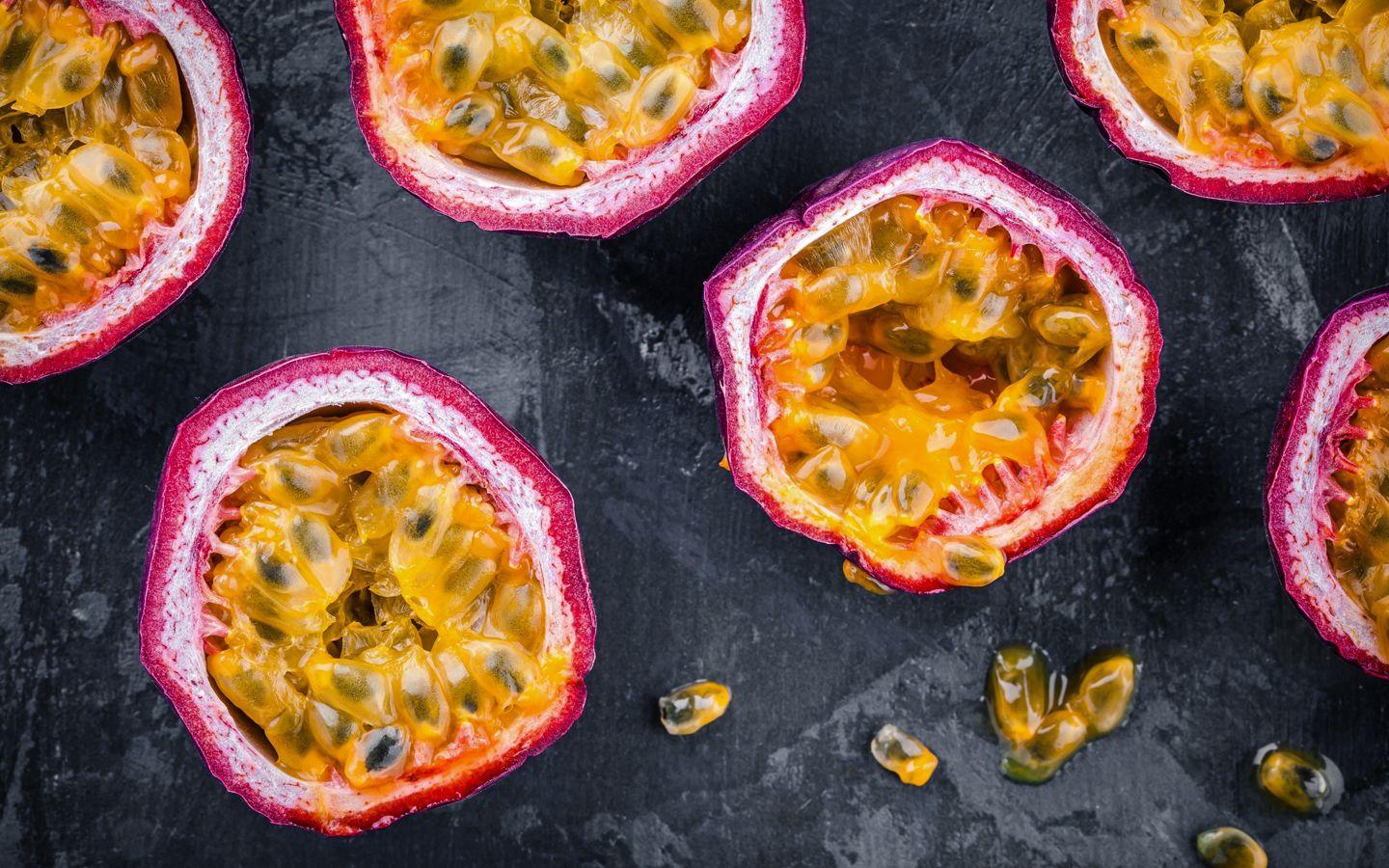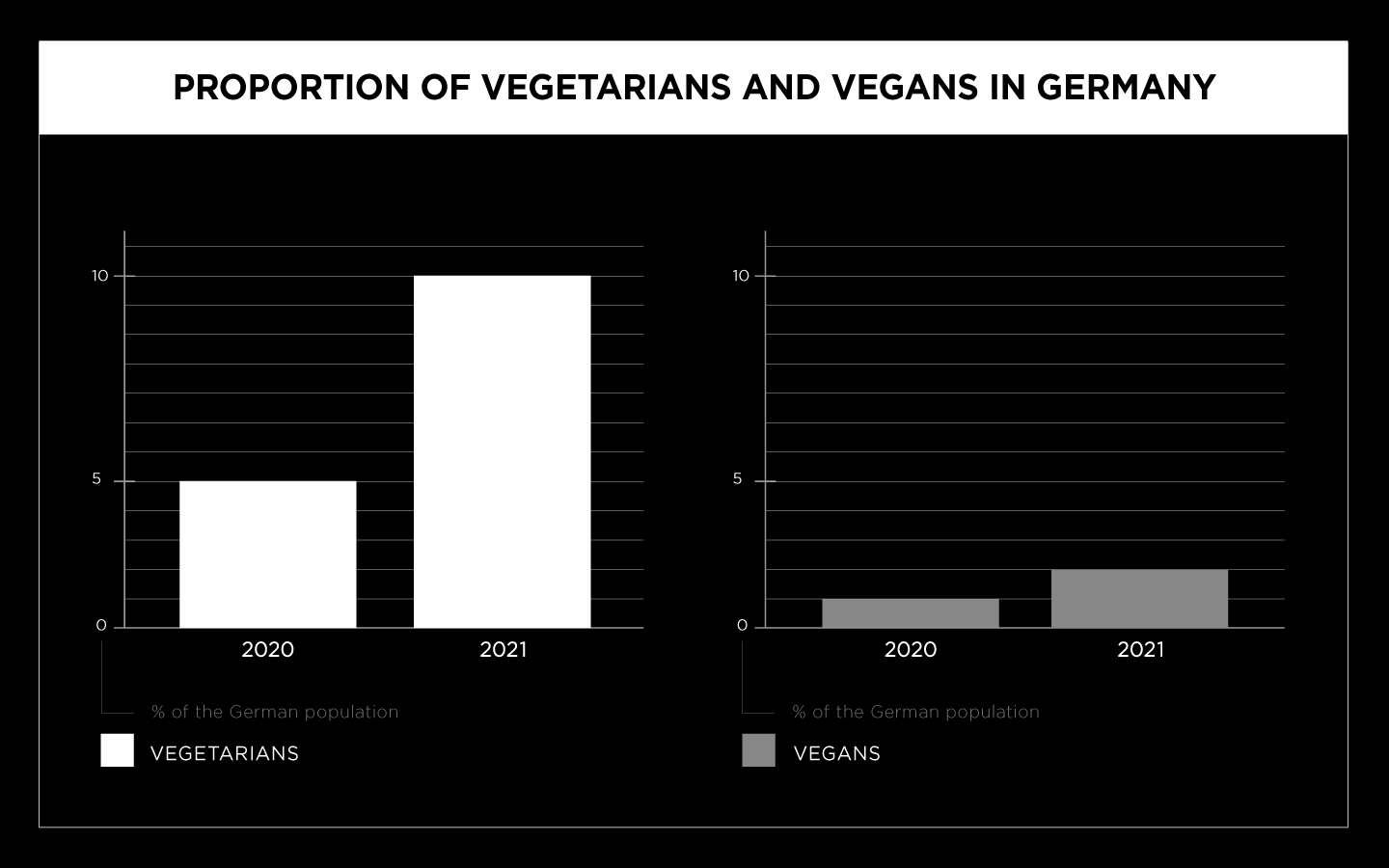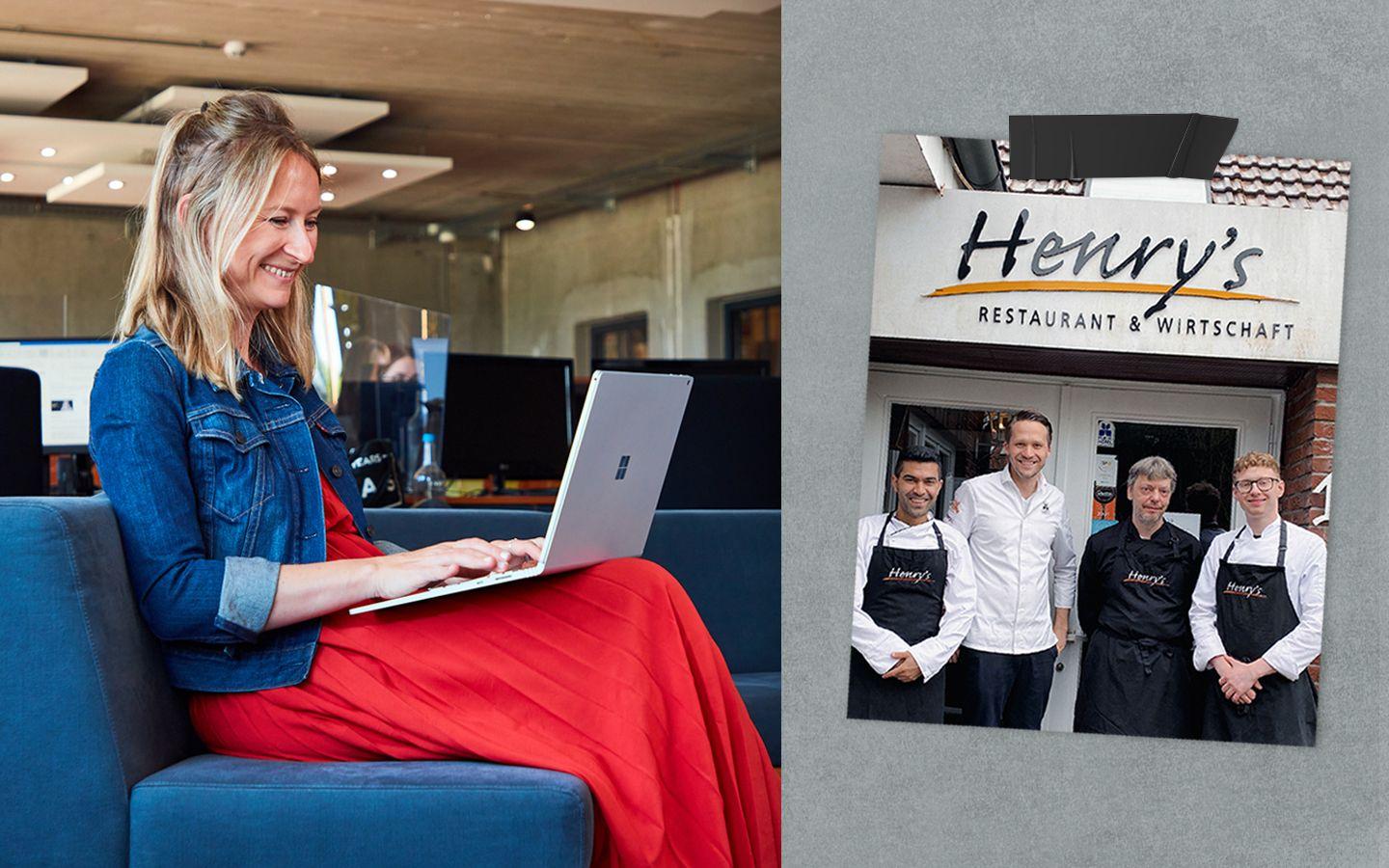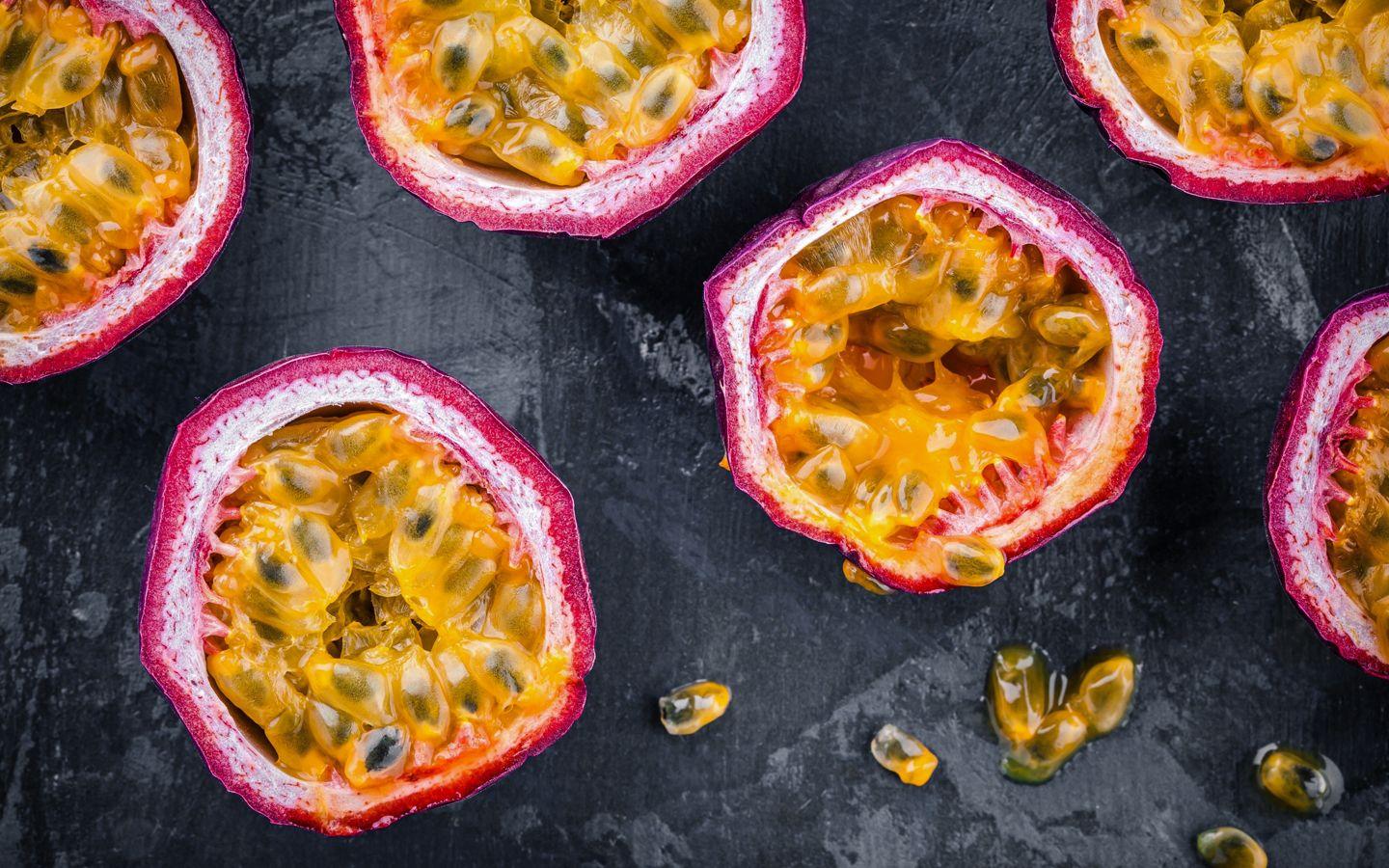Local exotics, e-food, zero waste – the food service industry is constantly changing, and this year is no exception.
In this article, we take a look at the trends that are emerging (or continuing to grow) in 2022 and provide some tips on how you can use them to your business’s advantage. Let’s take a look:
Zero Waste

Now more than ever, consumers expect businesses to operate sustainably – and this also applies to the food industry. One major sustainability trend is zero waste, which is all about preventing the production of waste in the first place. This means doing away with plastic and using the entirety of a vegetable, for example – from root to leaf.
In recent months, awareness of the problems surrounding food waste and the climate crisis has continued to grow – making it all the more important for culinary professionals to also make a stand. Creative dishes and innovative concepts send the right message, specifically addressing a young, environmentally conscious target group and helping to create long-term loyalty. And this trend also has economic benefits, as using produce in its entirety saves on costs!
In the following video, our chef Bassim shows you which of our products can help you reduce plastic in the kitchen and thus come a little closer to achieving zero waste.
Local Exotics

The next trend is also largely driven by climate change, with changing weather conditions pushing agricultural developments in new directions. A particularly striking example can be found on the Italian island of Sicily, where a rise in average temperatures is allowing some farmers to cultivate tropical fruits like avocados, mangos and passion fruits. Local cultivation in general is becoming an increasingly important topic here in Germany, too, as the demand for more sustainable food production rises. And thanks to techniques like aquaponics and indoor farming, even some tropical fruits can now be grown here on our doorstep, thereby avoiding long transport routes.
The outbreak of Covid-19 actually gave this trend an extra boost, as numerous supply chains that have long been used to obtain produce from further afield have been repeatedly interrupted for long periods of time. This unusual situation has also meant that certain native foods that had largely been forgotten have been making a comeback – from rutabaga to salsify. In-depth examinations of these traditional ingredients can inspire new, imaginative creations and bring forgotten worlds of taste back onto our plates.
Vegan, vegan, vegan

This ever-growing movement is closely connected to the two previous trends. It has been a regular fixture in food-trend forecasts for years – and it certainly isn’t going anywhere. We are talking, of course, about the vegan diet.
For an increasingly environmentally conscious society, plant-based dishes are a must-have for restaurants, canteens, catering and delivery services. And it’s not just the proportion of vegans and vegetarians that’s growing; an increasing number of people are actively trying to reduce their meat consumption. In 2021, according to the German Federal Ministry of Food and Agriculture, 10% of the German population were vegetarian and 2% were vegan. That’s twice as many in each case compared to just one year earlier. In 2020, 55% of the population stated that they were “flexitarians” and would deliberately opt for occasional meat-free meals. One thing’s for sure: this is a trend that’s only set to rise.
The new normal
The pandemic has turned our world upside down – including in the food service industry. But if there is anything positive to be taken from it, it’s that it has forced people to come up with new, creative solutions. For example, many food & drink businesses have developed innovative distribution channels that will remain in place as the ‘new normal’ even after all the pandemic-related measures are gone. Cooking boxes, cocktails to go, window sales, online cooking courses and live virtual wine tastings are just a few stand-out examples.
The digitalisation of the sector is, of course, an important factor in the creation of this new normal – but it is also the result of a shift in the food industry’s image of itself. Once businesses had secured their basic survival, at least temporarily, there was a lot of time for introspective questions: Who actually are we? What is our drive? Who do we want to reach? And, most importantly: What do we want to achieve with our service?
The food service industry has experienced massive support from its customers and guests over the past two years. Actions like #supportyourlocal or lists of ways that people can help keep their favourite businesses afloat are just the tip of the iceberg. Such initiatives have enabled cafés, bars and restaurants to put down even stronger roots in their local neighbourhoods, with competitions, loyalty bonuses and vouchers strengthening the bonds with their customers. At the same time, partnerships and collaborations with other regional businesses have helped individuals pool their strengths and benefit from one another.

We have our very own example of this: in cooperation with the restaurant Henry’s in Buchholz and our trade fair chef Jan Philip Stöver, we recently organised product training for our employees and gave our Instagram followers a glimpse behind the scenes of a restaurant kitchen: Here you can find more infos.
Especially when combined with a focus on regional, sustainable cuisine, this development can help food & drink businesses create an even stronger profile and a distinct, powerful USP.
E-Food

We have already briefly touched on the digitalisation of the food service industry, but digitalisation is also a trend in its own right – probably even one of the most important – and should be continuously monitored. Over the past two years, delivery and take-away services have exploded, cashless payment methods have made their way into most establishments (often after having been neglected for many years), and online networks have become one of the most important marketing and sales channels for small restaurants and food outlets.
But the benefits don’t end there: digital networking opens up brand new possibilities – from food production all the way through to customer delivery. It enables various parties to communicate directly, for example, thus shortening traditional logistics chains and helping achieve more transparent communication, faster delivery times and even lower costs. Some companies are already taking advantage of this and establishing direct contact with food producers. This way, they can further develop and improve the end product in cooperation with the farmers and food production companies involved, and end up with something that better meets their own wishes as well as the tastes and needs of their customers.

Would you like to be kept up to date on more food trends in the future? Then follow WAS Germany on our Instagram channel or on LinkedIn where we share important news from the food service industry, insights into our daily work, and valuable product tips.
Sources:
https://bellevue.nzz.ch/kochen-geniessen/gastronomie-bilanz-nach-einem-jahr-corona-pandemie-ld.1614363
https://www.gastroticker.de/artikel/exotische-lebensmittel-aus-regionalem-anbau/
https://www.deutschlandfunkkultur.de/tropenfruechte-aus-oberfranken-das-land-wo-die-papayas-100.html
https://proveg.com/de/ernaehrung/anzahl-vegan-vegetarischer-menschen/
https://www.zukunftsinstitut.de/artikel/food/food-trends-hanni-ruetzler/
https://www.hausvoneden.de/food-travel/food-trends-2022/
https://wirtschaftslexikon.gabler.de/definition/e-food-54212
https://www.salesforce.com/de/blog/2021/03/e-food.html

